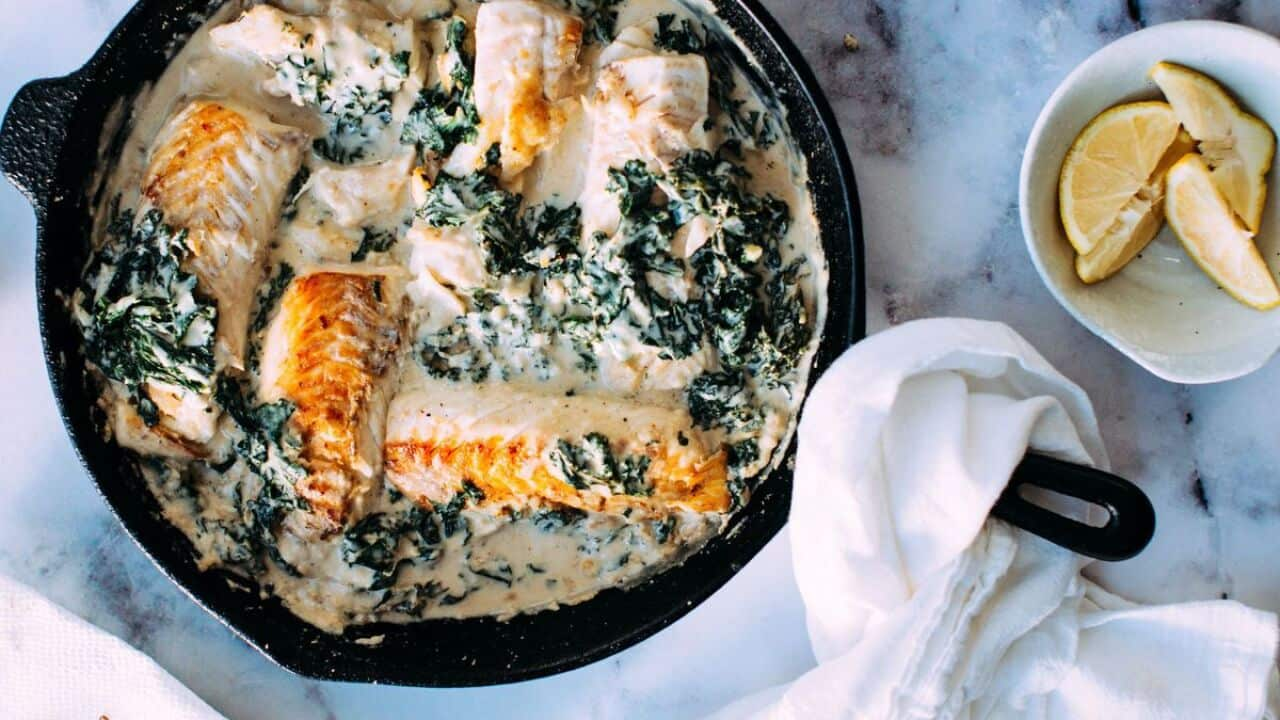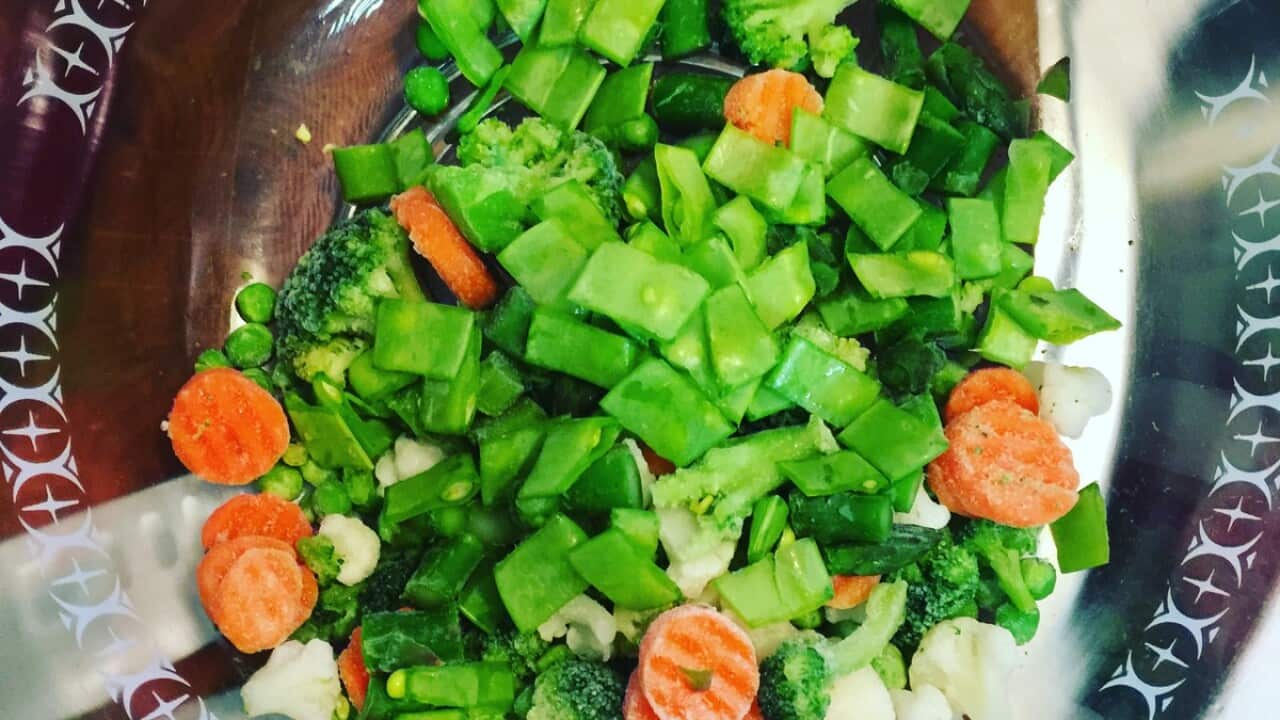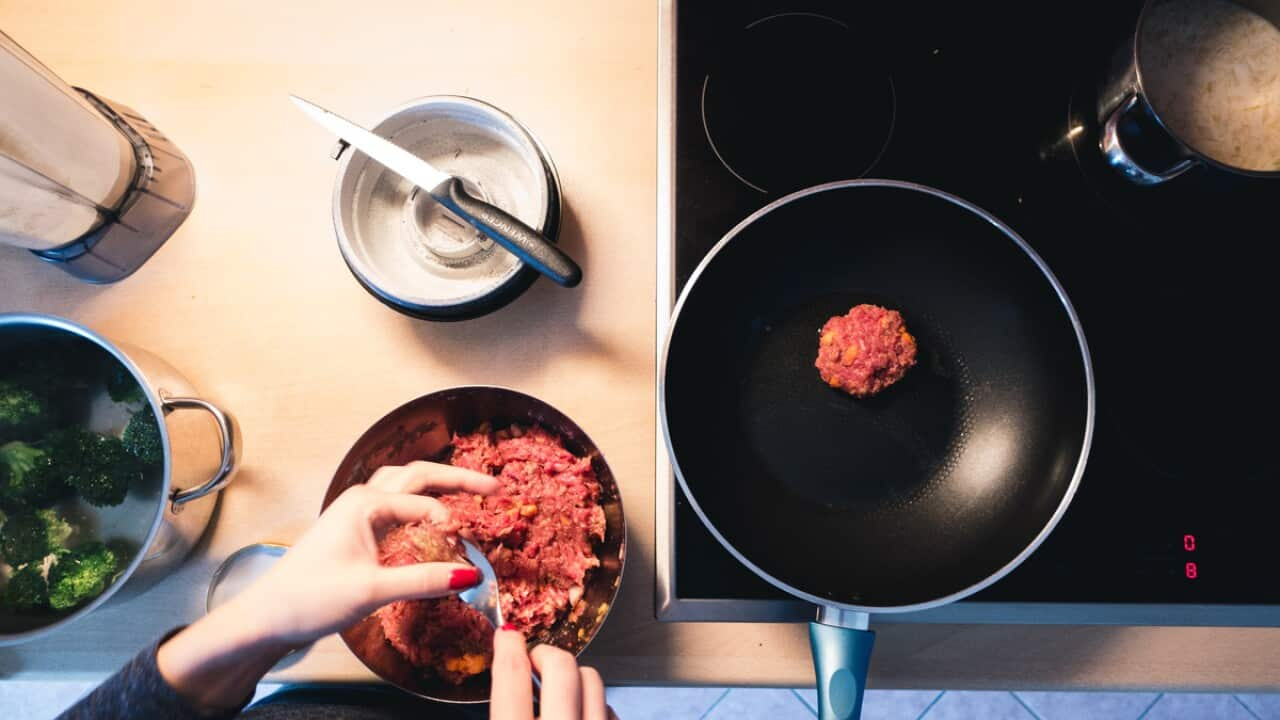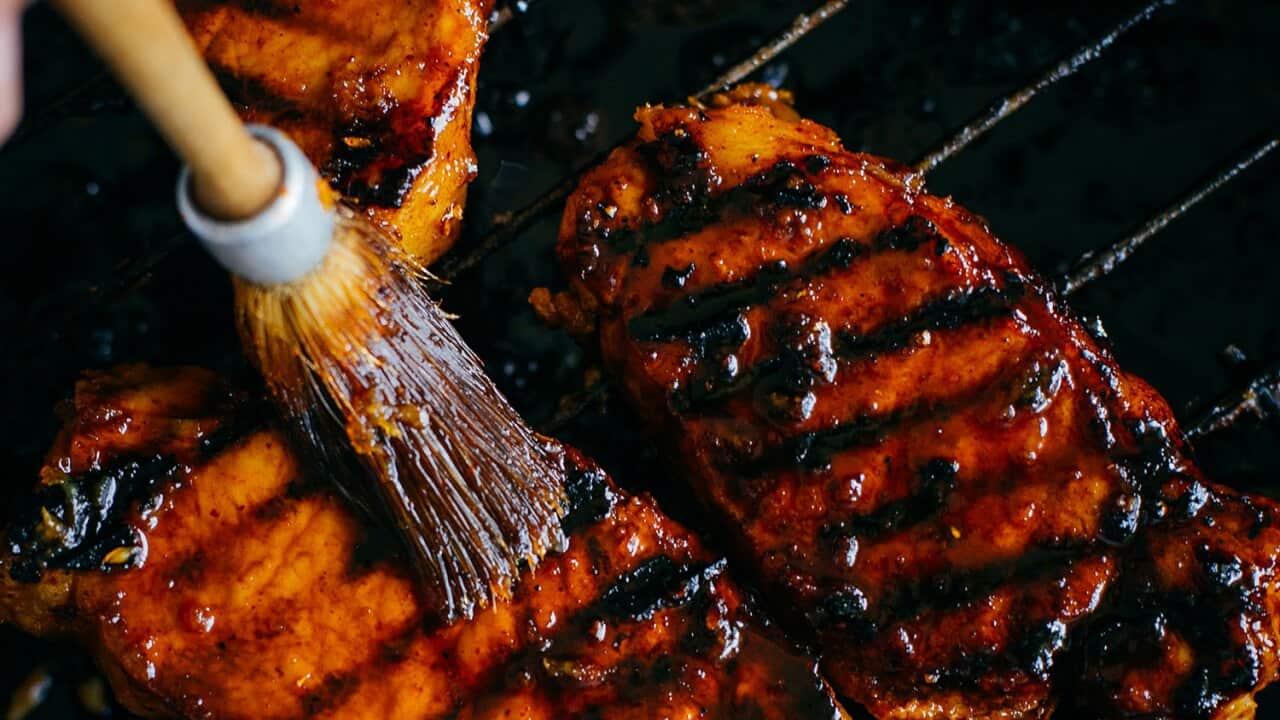If you've ever owned a cast-iron pot, chances are you've contemplated how to clean it. When it's new, it's smooth and glossy, but cast iron cookware is made for , so it's inevitable that it'll become exposed to char. This is especially true for cast iron skillets that you might take camping.
What's so great about cast iron is that it's non-stick, and a lot of this is due to the surface of the pan being seasoned.
Most new cookware comes pre-seasoned these days, but in time, this seasoning can disintegrate. That's why you're advised not to use a metal scourer to clean it. Doing so, scratches off the seasoning and causes the cookware to lose its non-stick properties.
So how do you clean cast iron cookware without damaging it? Aside from using a non-metal, heat-proof spoon as you cook, and scraping the browned bits as you go, here are some things you can do. There's nothing better than soap and water
There's nothing better than soap and water

Make an abrasive paste to clean your cast iron pot. Source: PxHere
Sometimes there's nothing better than using plain old soap and water. Kelvin Chan, director of Melbourne-based cast iron cookware brand Crumble, says, "To preserve the appearance of cast iron cookware, hand washing with warm soapy water and a soft scrub is recommended.
Hand washing with warm soapy water and a soft scrub is recommended.
"However, if you're low on time, you'll be glad to know that enamelled cast iron is completely dishwasher safe. Just remember not to leave it overnight and dry your cookware completely before storing it away to prevent water stains or rust from developing."
Bi-carb fixes stubborn stains
If you're struggling to rid your cookware of built-up residue or stains, you might be tempted to try a bicarbonate soda and vinegar mix. But host of Adam Liaw thinks this is futile. "There's a lot of websites that will suggest making a bit of a paste from bi-carb soda and a bit of vinegar. It does absolutely nothing.
You're kind of exfoliating your pot.
"We are doing the most basic science here. We are combining a base and an acid… it's producing carbon dioxide and it's fizzing. Once that's done, the reaction is finished. There are no magical detergent properties that are happening here." Instead, he suggests combining bi-carb soda with a little bit of water to make an abrasive paste to apply to your cookware. "You're creating a slightly abrasive paste, almost like sort of exfoliating your skin or something. You're kind of exfoliating your pot. So this is just a gentle, abrasive paste that can help you with that," Liaw says.
Instead, he suggests combining bi-carb soda with a little bit of water to make an abrasive paste to apply to your cookware. "You're creating a slightly abrasive paste, almost like sort of exfoliating your skin or something. You're kind of exfoliating your pot. So this is just a gentle, abrasive paste that can help you with that," Liaw says.

A cast iron pot is a good way to cook many dishes. Source: PxHere
You can also substitute bi-carb soda with salt. "Anything that's sort of slightly abrasive, just to stop it from scratching up at the bottom of your pot."
CAST IRON COOKING

Iron pot stew
Season your cookware
After time, you might notice dull, matte spots or areas on your cast iron cookware. This might mean the seasoning has diminished in those areas.
To ensure it remains non-stick and evenly seasoned, you'll need to to the cookware and heat it until the oil bonds to the metal. This could mean baking it in the oven until its pores have soaked in the oil and its finish is smooth and glossy again.








